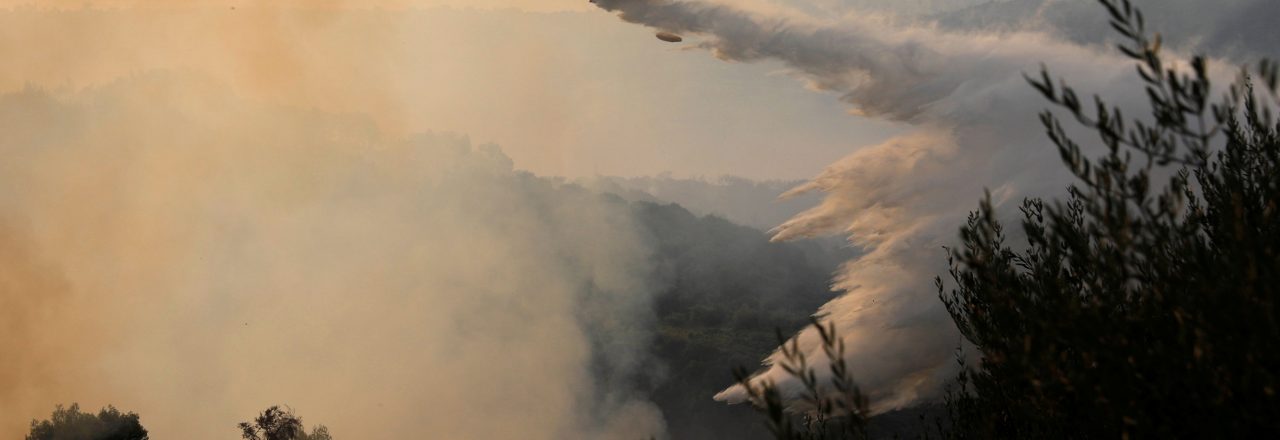
Paper
Could the EU’s New Agenda for the Mediterranean Turn Climate Change from a “Threat Multiplier” into an “Opportunities Multiplier”?
Abstract
The Mediterranean countries are characterised by evident gaps in terms of demographic growth, socioeconomic conditions and natural resources availability, which undermine the process of Euro-Mediterranean cohesion and create a situation of structural weakness that makes them extremely vulnerable to destabilising events. In just over a decade, the Mediterranean region has been affected by major changes. The wave of pro-democracy protests called the “Arab Spring” has shown how climate-driven crop failures in major food exporting countries may contribute to driving up international food prices and to amplifying social and political destabilisation. The continued turmoil has been further exacerbated by the COVID-19 pandemic which clearly demonstrated the interconnectedness of human well-being and planetary health. At the same time, the Mediterranean has been marked by new migration waves characterised by unconventional, in addition to traditional, push factors related to climate and environmental changes. In this context, the environment-security issue is becoming more and more stringent especially in places characterised by limited availability of natural resources, excessive dependence on food imports, poor ability to adapt to environmental risk, political instability, institutional weakness, and lack of cooperation over transboundary water resources.
In this paper, Desirée Quagliarotti aims to analyse the level of vulnerability of Mediterranean countries to climate risks and to detect climate warning-related impacts on security. She also discusses if the New Agenda of the Mediterranean (relesed by the European Commission in 2021) could be a chance to address climate-related insecurity and advises policy makers and practitioners on how to better integrate climate-related security risks in the Mediterranean region.



